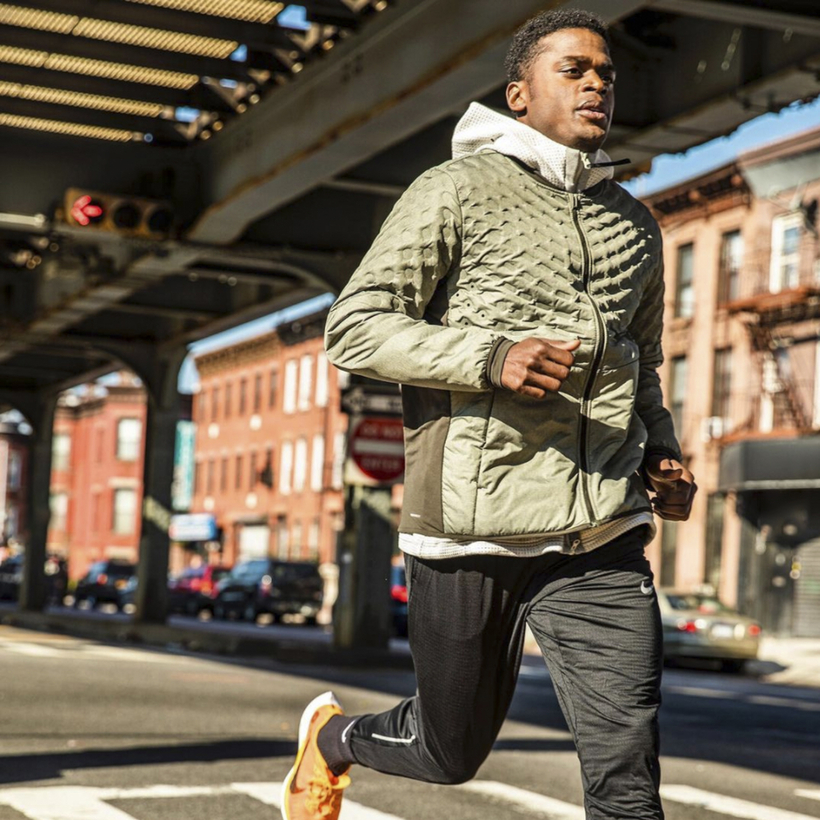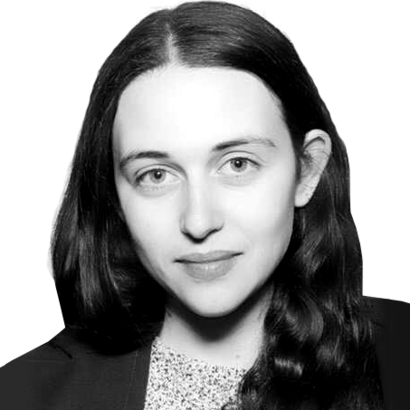Girls aren’t born angels. For the 2017 and 2018 annual Victoria’s Secret Fashion Shows—which turned out to be the last two—the lingerie company asked models to “train like an angel” before they walked down the runway. The waifs with six-packs posted photos and videos of themselves attempting pull-ups and 36-inch-high box jumps on Instagram. Beyond good genetics, these contractually obligated fitness posts revealed something many models had in common: Joe Holder.
Eight models, including Bella Hadid, worked out with Holder to prepare for these shows. “They’re athletes,” he tells me—models, like tennis players or gymnasts, must “mold [their] body for a specific purpose.”


